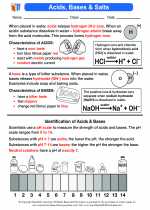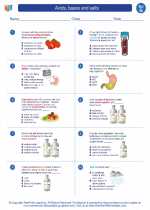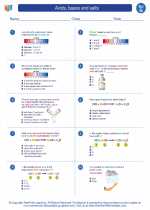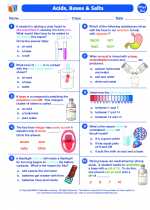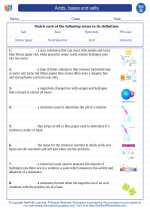Producer
In an ecosystem, a producer is an organism that is capable of producing its own food through the process of photosynthesis. Producers are typically green plants, algae, and some types of bacteria. They are crucial to the food chain as they provide the primary source of food for other organisms.
Key Points to Remember:
- Photosynthesis: Producers use sunlight, water, and carbon dioxide to produce their own food through the process of photosynthesis. The chlorophyll in their cells allows them to capture sunlight and convert it into energy.
- Food Source: Producers are the base of the food chain, as they are consumed by herbivores, which in turn are consumed by carnivores and omnivores.
- Contribution to the Ecosystem: Producers play a vital role in the ecosystem by maintaining the balance of oxygen and carbon dioxide, providing food for other organisms, and serving as habitats for various animals.
- Examples: Examples of producers include grass, trees, phytoplankton, and various types of algae.
Study Guide Questions:
- What is the role of producers in an ecosystem?
- Explain the process of photosynthesis and its importance for producers.
- Describe how producers contribute to the food chain.
- Provide examples of different types of producers and their habitats.
- How do producers help in maintaining the balance of gases in the atmosphere?
Understanding the role of producers is essential for comprehending the dynamics of ecosystems and the interdependence of organisms within them.
.

